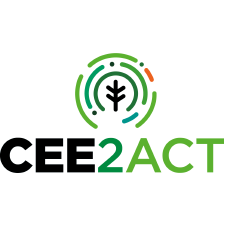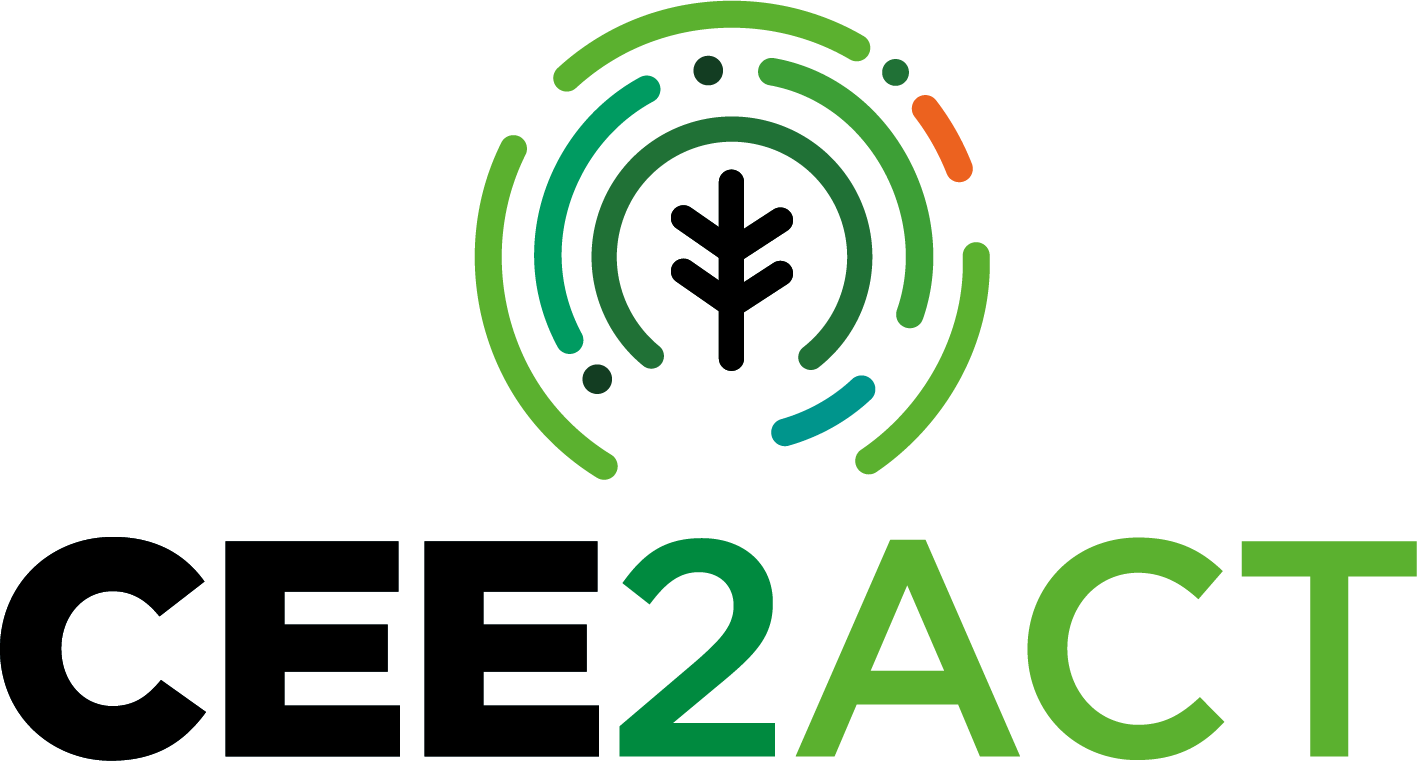Title: Strategy and Action Plan for the transition to a circular economy in Bulgaria
Funding source: The Strategy and Action Plan for the transition to a circular economy, 2021-2027 have been prepared under program "Environment 2014-2020", co-financed by the European Union through the European Structural and Investment Funds.
Implementation period: 2022 - 2027
Country: Bulgaria
Description:
The implementation of the Strategy and Action Plan for the transition to a circular economy of the Republic of Bulgaria for the period 2022 - 2027 will ensure the transition to a circular economy, in fulfillment of one of the leading policies of the European Union. The goal is to achieve resource efficiency by implementing the waste management hierarchy, preventing its formation, promoting its reuse and recovery through recycling, reducing landfilling and limiting its harmful impact on the environment and human health.
Three objectives are formulated in the strategy:
Green and competitive economy - A key factor for the competitiveness of the economy in a new circular model of production and consumption is resource efficiency and the reasonable use of natural resources, i.e. less waste and more resources;
Less waste, more resources - The goal is to generate less and less waste by promoting activities of re-use, repair and processing of products, by providing incentives to build recycling centers in cities.
Economics in favor of consumers - The circular economy will stimulate consumers to take advantage of the opportunity to make informed choices and take an active part in the ecological transition. Reliable, comparable and verifiable product information will be a significant factor in enabling more sustainable solutions.
In order to achieve the strategic goals, specific measures have been justified, which are laid down as specific activities in the action plan for the strategy.
The implementation of the current strategy requires the strengthening of the institutional capacity in the individual institutions, in accordance with the powers assigned to them, but also the strengthening of the coordination between the individual sectors. Each interested institution will be responsible for monitoring the implementation of the relevant sectoral measures set out in the Strategy. The inter-institutional nature of the circular economy, as well as the inter-sectoral relationship in terms of the necessary actions, requires the creation of a coordination mechanism, in the form of a Coordination Council, through which to achieve complementarity and efficiency of the transition to a circular economy.
Three types of measures are included in the action plan.
Short-term measures with an implementation horizon of 2022 - 2023, which include: analysis, development and adoption of sectoral legislative acts; sector analyzes and studies; raising awareness and organizing information campaigns; creation of a platform for the exchange of information and good practices;
Medium-term measures with an implementation horizon of 2024 - 2027, which include: financing the introduction of resource efficiency technologies; financing small and medium-sized enterprises from the processing industry for the introduction of eco-design; establishment of centers for re-use and preparation for re-use; training to acquire or improve the professional qualification of people from vulnerable groups related to repair activity;
Measures of a permanent nature will be implemented throughout the period of the Action Plan and include: involving the private sector in achieving the goals for household waste recycling; waste prevention, reuse, separate collection, recycling and recovery activities; application of new technologies for waste separation, processing and treatment; strengthening control over unregulated disposal/disposal of construction and demolition waste; helping companies engaged in repair activities to be present in re-use centers in cities.
Link: https://www.strategy.bg/StrategicDocuments/View.aspx?lang=bg-BG&Id=1559 (in Bulgarian language)
« Back
